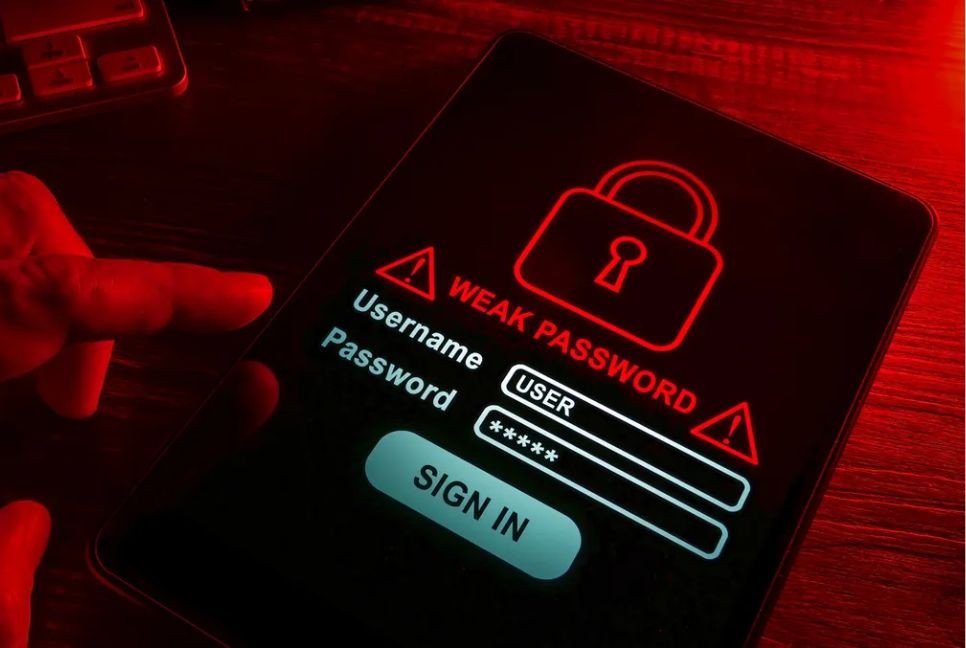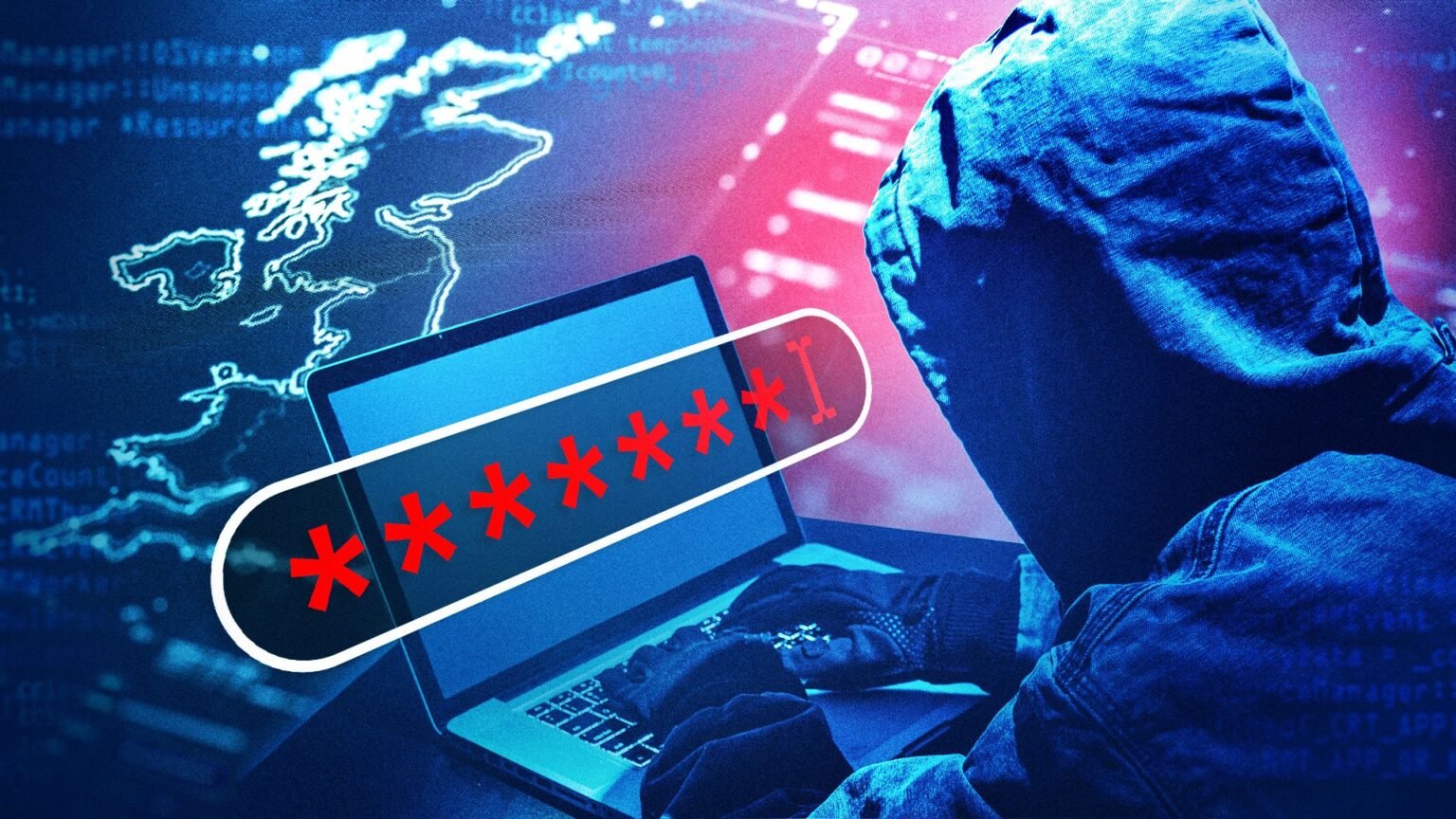Weak Password Ransomware Attack Destroys Historic Transport Company
A weak password ransomware attack crippled a 158-year-old transport company, forcing its shutdown and leaving 700 employees without jobs.

KNP, a Northamptonshire-based logistics firm, is just one of thousands of UK businesses that have recently fallen victim to cyberattacks. Even high-profile brands like M&S, Harrods, and Co-op have faced data breaches in the past few months. Co-op’s CEO confirmed that the personal data of all 6.5 million members was stolen during one such attack.
Inside the Weak Password Ransomware Attack on KNP
Investigators believe the attackers breached KNP’s systems by guessing an employee’s password. Once inside, they deployed ransomware, encrypting critical company data and locking down operations.
Paul Abbott, the director of KNP, admits that he hasn’t told the employee suspected of using the weak password that their credentials may have caused the company’s downfall.
“Would you want to know if it was you?” Abbott says.
A Single Weak Password Ransomware Attack Led to a Total Shutdown
By 2023, KNP was operating 500 lorries under the brand Knights of Old. Although the company followed industry-standard IT practices and had cyber insurance, the attack by the ransomware group Akira left the staff helpless. All vital business data became inaccessible.

The hackers demanded a ransom, though they never named a specific amount. Experts estimated the figure could have been as high as £5 million. Unable to pay, KNP lost all its data and had no choice but to cease operations.
Rising Weak Password Ransomware Attack Threat in the UK
The UK’s National Cyber Security Centre (NCSC) reports that it handles a major cyberattack almost every day, as ransomware continues to evolve into one of the biggest cybersecurity threats.
“These criminals are just looking for weak links,” says Richard Horne, CEO of the NCSC. “Organisations must take steps to secure their businesses because cybercriminals are becoming more advanced.”
Why Weak Passwords Are a Hacker’s Gateway
Experts warn that ransomware gangs often exploit basic security flaws like weak or reused passwords. Attackers guess passwords with automated tools or trick employees through phishing emails and fake IT support calls.
Suzanne Grimmer, who leads a cybercrime unit at the National Crime Agency (NCA), says hacking is becoming more common because it’s both lucrative and easy to execute. “Some attacks don’t even require technical skills. Social engineering — tricking employees into giving up information — is becoming just as effective as sophisticated hacking tools,” she explains.
The Alarming Rise of Cybercrime
Ransomware incidents in the UK have nearly doubled in two years. Experts estimate 35–40 attacks every week. Research shows the average ransom demand is about £4 million. Around one-third of affected companies end up paying. weak password ransomware attack.

James Babbage, Director General at the NCA, warns that ransomware has grown into a “national security threat”. In December 2023, the Joint Committee on the National Security Strategy issued a stark warning about the risk of a catastrophic ransomware attack. A subsequent report from the National Audit Office echoed this, stressing that the UK faces a rapidly advancing cyber threat.
Should Companies Pay the Ransom?
Authorities discourage paying ransoms because it only fuels further attacks. “Every victim must make their own decision,” says Babbage, “but paying ransoms incentivizes criminals to keep going.”
The government is considering legislation that would ban public bodies from paying ransoms and require private companies to report any ransomware incidents.
Cybersecurity Lessons from KNP’s Collapse
Paul Abbott, now a vocal advocate for stronger cybersecurity, believes businesses should undergo a “cyber MOT” — a mandatory check to ensure their systems are properly secured.

“There need to be rules that force businesses to become resilient to cybercrime,” Abbott says.
Cybersecurity specialists say many companies choose to pay ransoms quietly instead of reporting attacks. This secrecy makes the crime harder to fight. “When the choice is losing everything or paying up, most businesses give in,” says Paul Cashmore, a cybersecurity expert who worked with KNP’s insurers.




